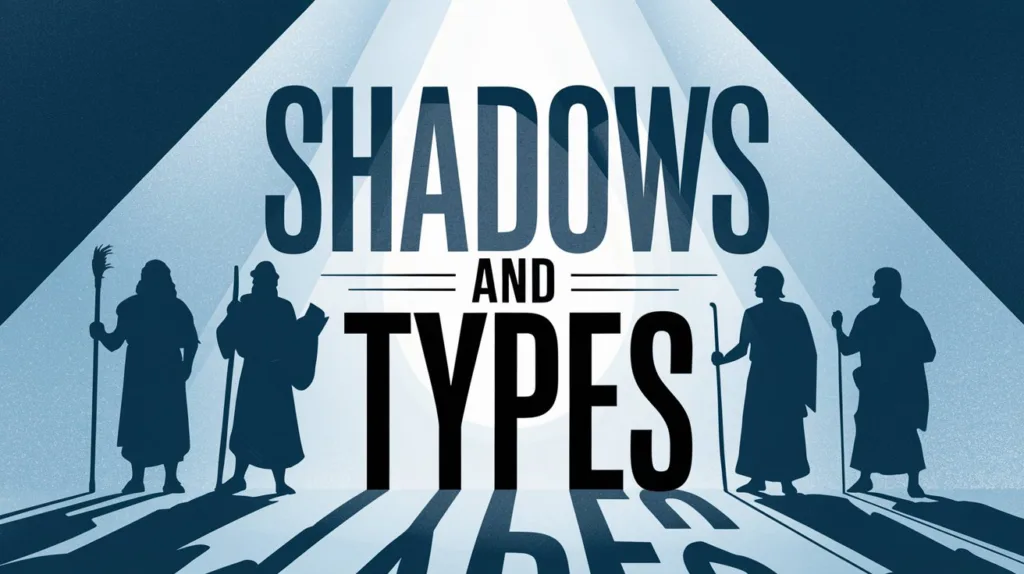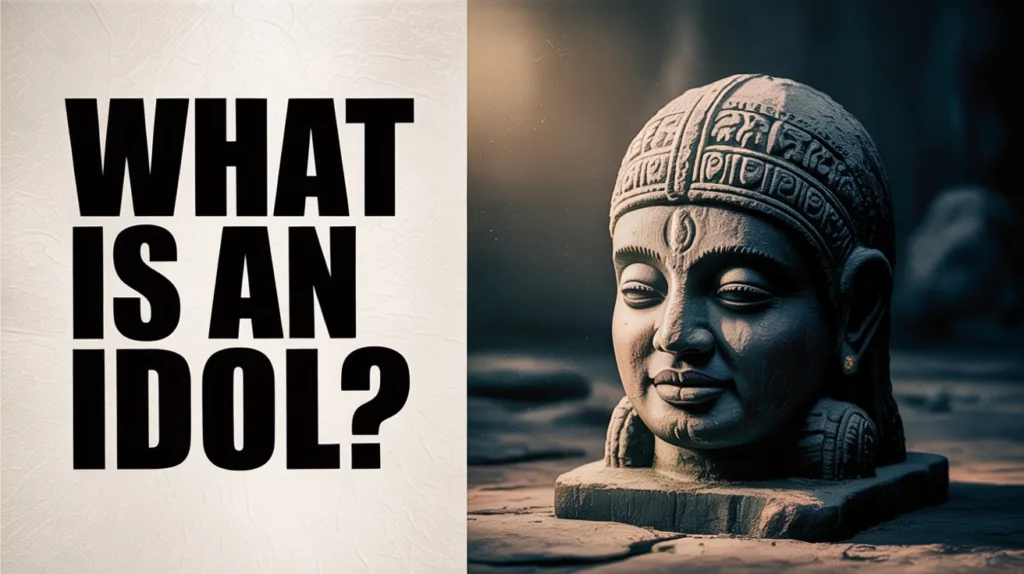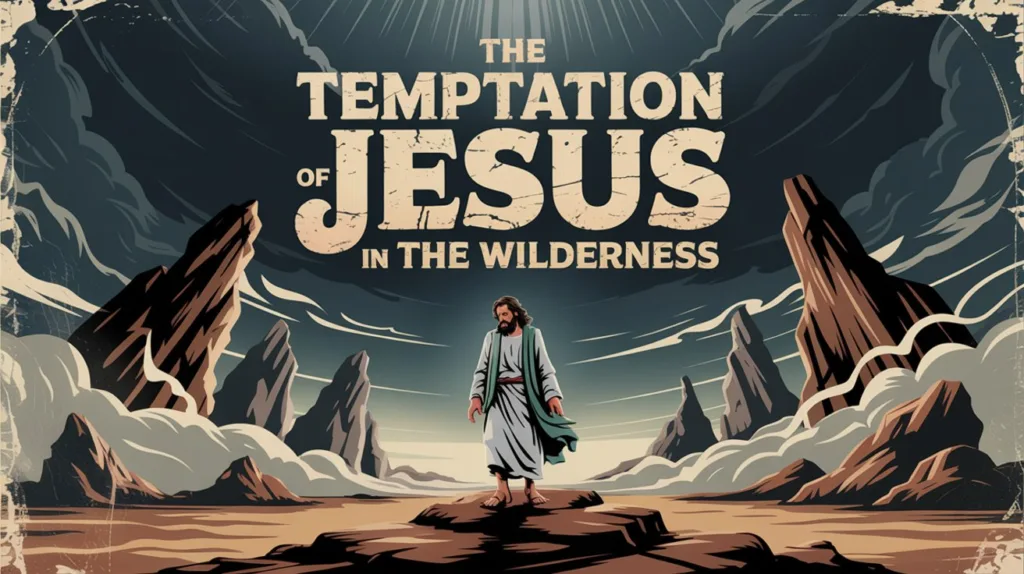Moses is one of the most significant figures in Scripture, chosen by God to lead Israel out of bondage and to receive His law. Born during a time of Hebrew oppression, he was drawn out of the water and raised in Pharaoh’s household (Exodus 2:10). Despite his royal upbringing, Moses identified with his people and fled Egypt after killing an Egyptian (Exodus 2:12-15).
God called Moses from the burning bush, saying, “I have surely seen the oppression of My people… come now, therefore, and I will send you to Pharaoh” (Exodus 3:7,10). Though reluctant, Moses obeyed, becoming the deliverer of Israel.
Through Moses, God displayed mighty wonders: the plagues upon Egypt (Exodus 7–12), the parting of the Red Sea (Exodus 14:21-22), and water from a rock (Exodus 17:6). He was the mediator of the covenant and received the Ten Commandments on Mount Sinai (Exodus 20).
Moses was known for his humility. Numbers 12:3 says, “Now the man Moses was very humble, more than all men who were on the face of the earth.” Despite Israel’s constant rebellion, Moses interceded for them, acting as a faithful shepherd.
Yet, due to disobedience at Meribah, where he struck the rock instead of speaking to it, he was not permitted to enter the Promised Land (Numbers 20:12).
Moses died on Mount Nebo, viewing the land from afar. Deuteronomy 34:10 declares, “But since then there has not arisen in Israel a prophet like Moses, whom the Lord knew face to face.”
Moses is a type of Christ: a deliverer, intercessor, and lawgiver. He was used mightily by God to shape the nation and point forward to the New Covenant.





 Get the book that teaches you how to evangelize and disarm doctrines from every single major cult group today.
Get the book that teaches you how to evangelize and disarm doctrines from every single major cult group today.